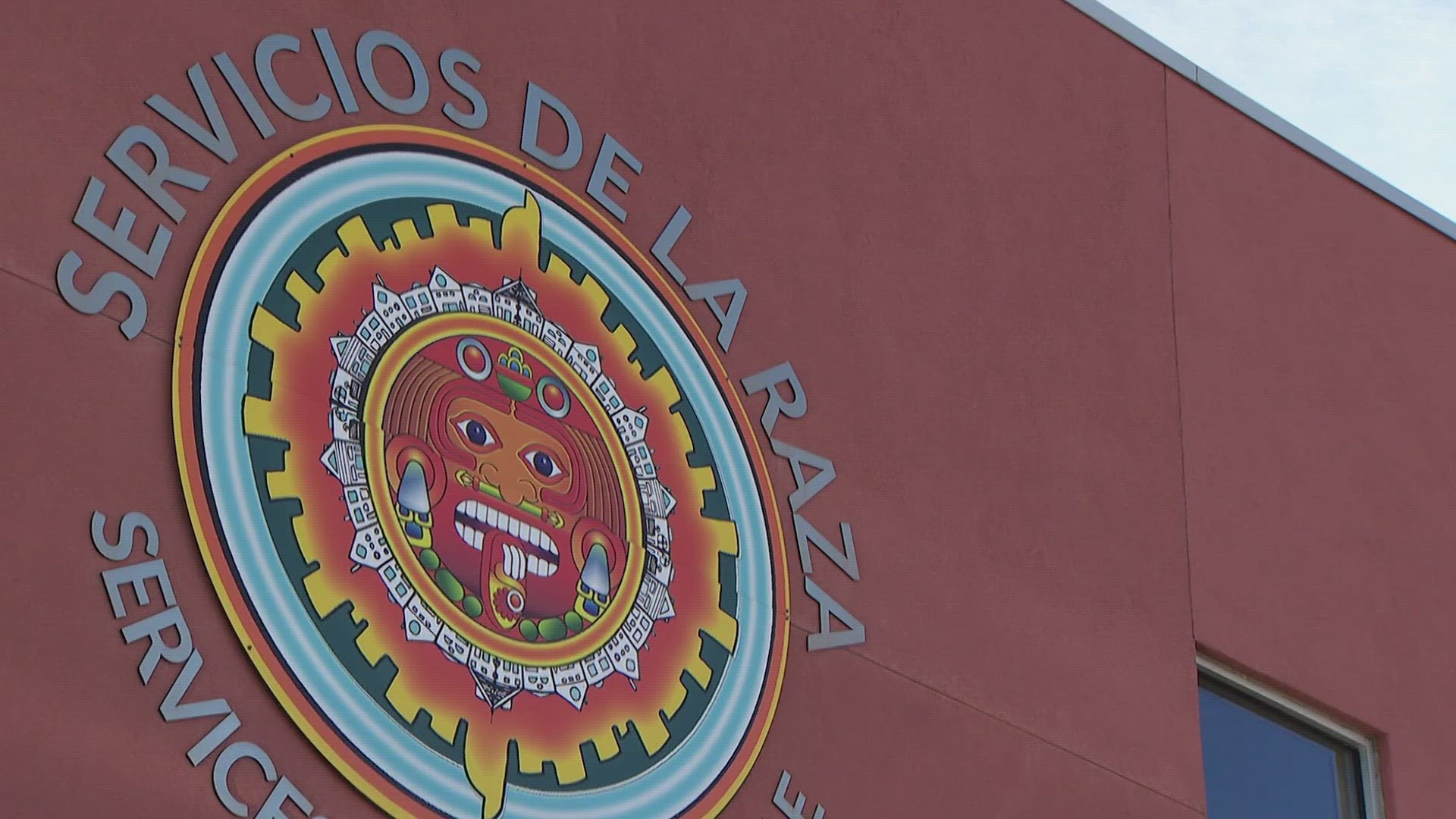DENVER — The nonprofit organization Denver paid to expand its mental health alternative responder program blamed the city for barriers it said delayed efforts to start providing culturally appropriate long-term resources to people in need.
The Support Team Assisted Response (STAR) program sends an EMT and behavioral health clinician to certain 911 calls involving people in mental health distress. It was designed to provide an alternative to an armed police response for calls without imminent safety threats.
In November, Denver allocated $2.3 million to nonprofit Servicios de La Raza to provide long-term resources for people who STAR responders encounter. Servicios was tasked with onboarding other community organizations to provide culturally, geographically and linguistically appropriate services ranging from housing and employment assistance to mental health support.
But standing up the expansion took longer than expected. The contract with Servicios was set to expire with $700,000 in leftover funds because the organization didn't start providing services in earnest until the spring, the city's director of community and behavioral health told city council last week.
"It took longer than expected to on-board the network of providers and staff, identify the specific services needed, and build the referral pathways from STAR Emergency Response Teams to Servicios de la Raza," Tristan Sanders wrote.
The vice president of health and wellness at Servicios strongly disagrees with that assessment of the delay. "We did not struggle finding the appropriate community partners," Ana Vizoso said. "I think we struggled with the city."
Vizoso said Denver prevented the organization from conducting community outreach and education about the program and required it to prove its chosen partners -- established organizations like GRASP and the Struggle of Love -- were up for the task.
"We had an implementation period where we were faced with barriers from the previous [Mayor Michael] Hancock's administration and the city," she said.
A spokesperson for the Denver Department of Public Health and the Environment said she was not sure what Servicios meant about a prohibition on conducting community outreach. Emily Williams said the city did require Servicios to obtain written agreements with its partners, which she said was standard procedure for subcontractors utilizing taxpayer dollars.
Last week, city council advanced an expansion of the contract with Servicios to allow it to spend down the remaining funds through Feb. 2024. "Right now we want to give them the opportunity to do the referrals," Williams said.
Since the program began accepting referrals, Vizoso said it has served more than 400 people and had more than 2,000 interactions with people in need.
She and the city agreed the program is where it needs to be right now. "I think we were able to successfully overcome those barriers and provide direct client care."
The city will use data from the first year of the program to determine its effectiveness. Negotiations for a new contract starting in 2024 with Servicios are ongoing, the city said.
"We’re hopeful that we’ll be able to continue to partner with the city to provide these services," Vizoso said.
So far in 2023, STAR has responded to 5,315 calls -- mostly for welfare checks, Williams said. She said the program does not have an issue with staffing, but rather supply chain limitations. It took longer than expected, for example, to accept delivery of new vans for responders to use.
STAR expects to have nine vans, up from the current six, on the street by the end of the year, Williams said.
SUGGESTED VIDEOS: Mental Health & Wellness

